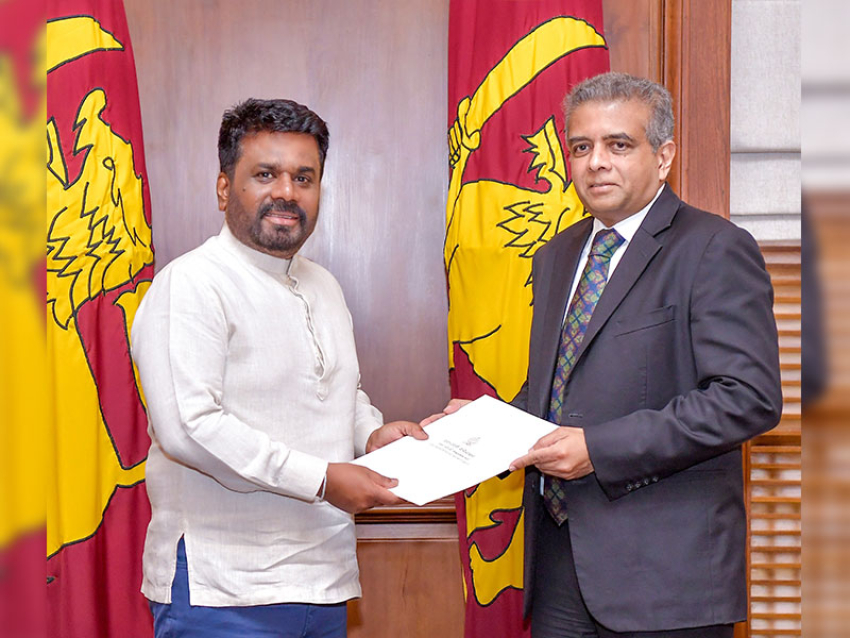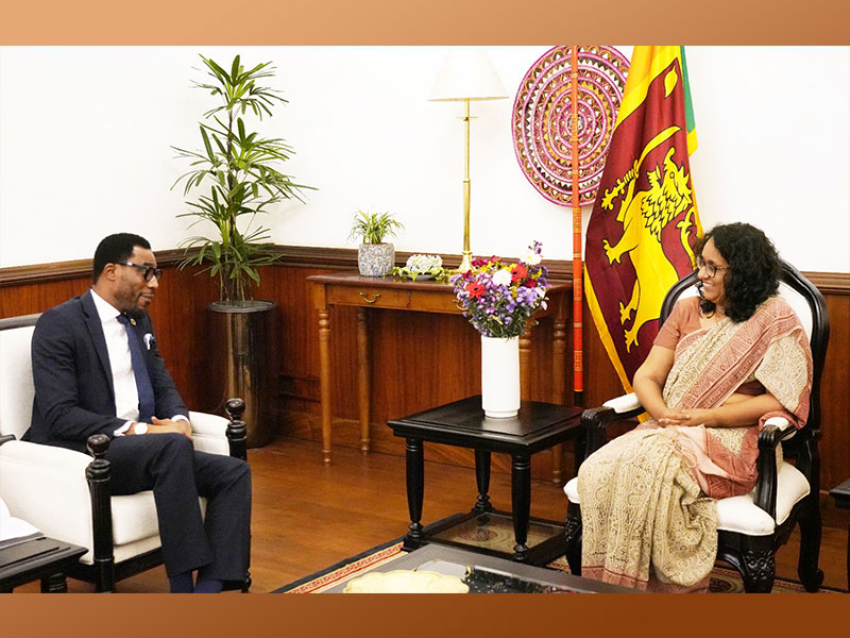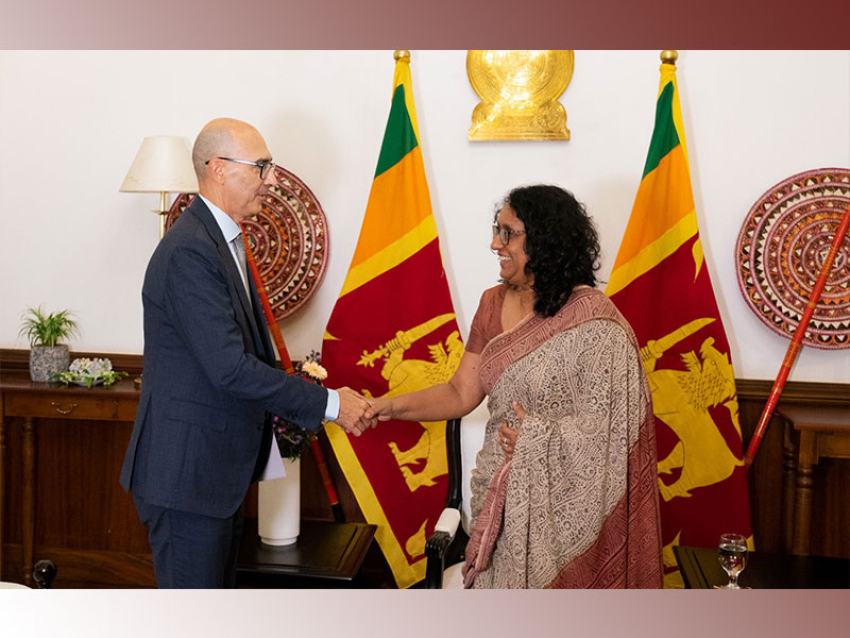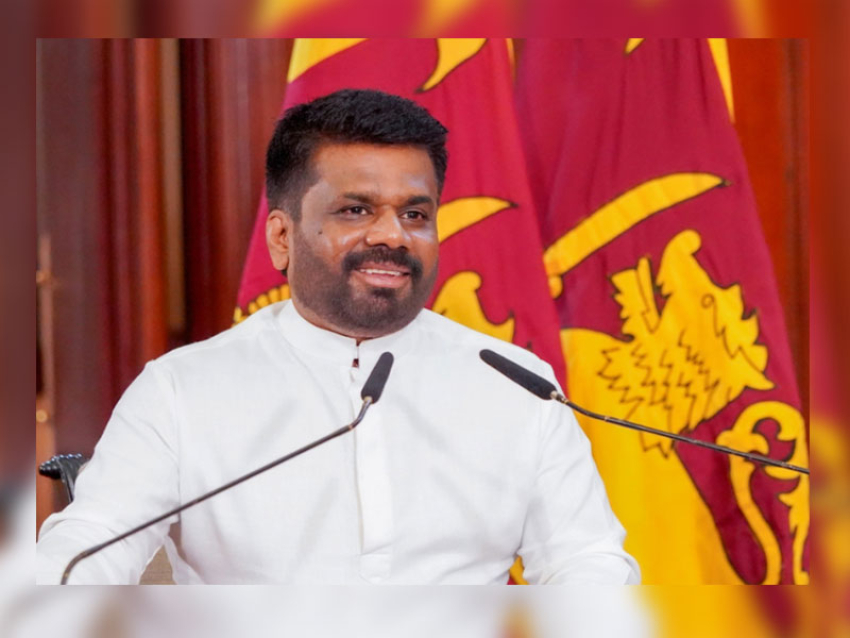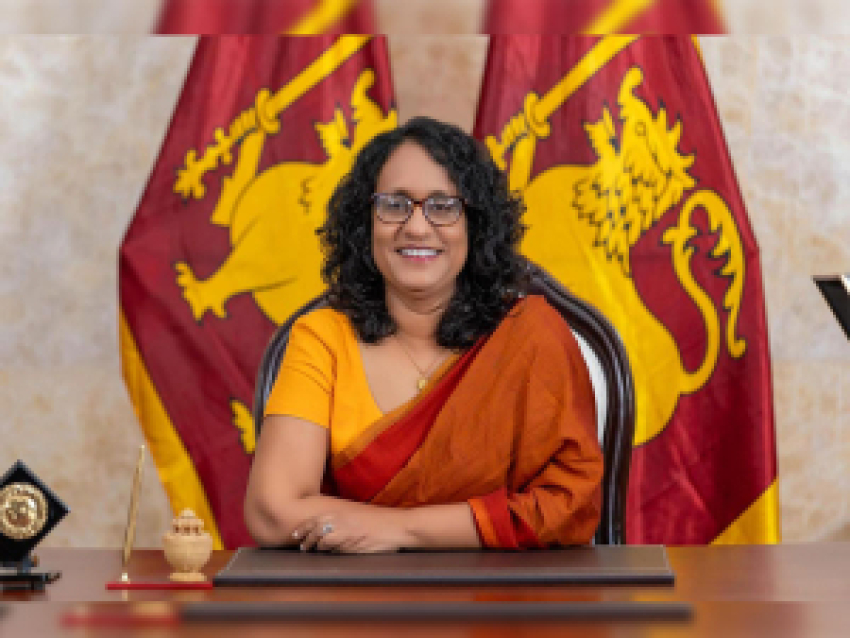Starting off the session, Mr. Mishra spoke about a global thematic consultation on post-2015 and governance. He said that youth concerns are critical for post 2015. Young people must be involved in design and ownership a new draft agenda. Mr. Mishra added that youth should be involved in policy shifts towards a green technology and environmentally efficient modes of increasing employment innovation and shared wealth creation.
“Full accountability comes only when people participate,” Mr. Mishra said, going further to say that the 2010 Millennium Development Goals (MDGs) review placed emphasis on voice, accountability and the full participation of all segments of society in the decision-making process.
Next, Mr. Mishra highlighted that youth engagement at national and international levels could be enhanced because ultimately it will be local, national and regional youth that will participate in the achievement of goals. National youth councils are increasingly providing platforms for youth to participate in decision-making processes, but the world needs a mechanism to track implementation.
Meanwhile, Mr. Carlos, in his comments at the session spoke about “real participation.”
“It’s unbelievable that today, when young people are 1/3rd of the population, we still have to discuss about participation,” Mr. Carlos said.
The youth cannot have a limited voice and limited space, he continued. They need the freedom to speak and need to be listened to; but participation is not only speaking or being listened to. He also mentioned that most companies and politicians state that they care about youth participation thus have made
consultation available and asked young people to tweet about something; but consultation is not participation. It’s a tool for participation – participation goes far beyond consultation. They can’t ask young people what we think and then take the decisions by themselves, Mr. Carlos expressed. Real participation is a whole process from planning and taking the decisions, to implementing and evaluating it. The final outcome has to be constructed together, with a participative process.
Finally, Mr. Carlos concluded his statement by stating, “It’s actually a privilege being here. We have to engage people that have no access to technology, people who can’t speak English or any other U.N. major language. I know it’s hard. I know it demands money, people, time, commitment. But it’s needed. Participation is not about having this space for debate, is not about opening spaces for discussion – is about fulfilling them.”








